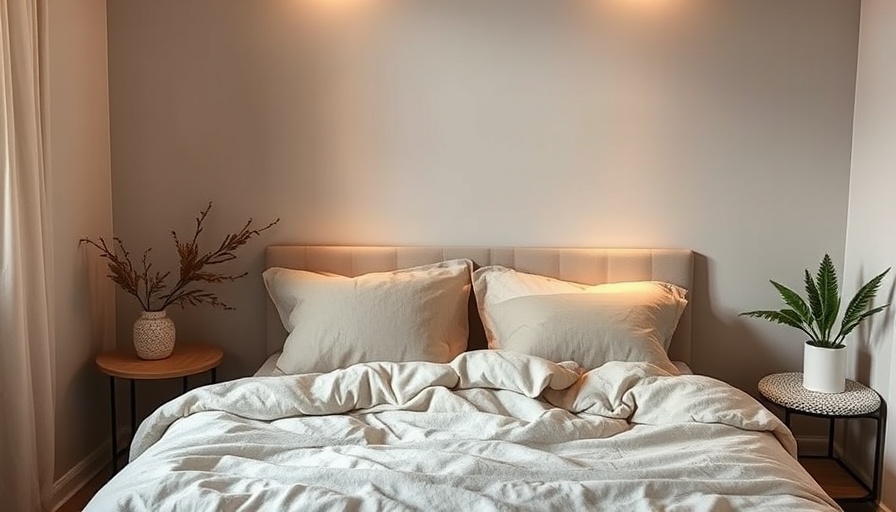
The Struggle with Screen Time and Sleep
For many individuals, the allure of screens—be it smartphones, tablets, or televisions—extends late into the night, significantly impacting sleep quality.
For integrative optometrist Marina Gurvich, the battle against nightly screen time has become a personal journey towards better rest.
Dr. Gurvich highlights how the blue light emitted by screens can delay melatonin production, the hormone essential for regulating sleep.
Without proactive measures, late-night browsing can result in feelings of alertness when the body should be gearing down for the night.
This is echoed by studies which show that electronic devices can interfere with sleep cycles, leading to feelings of fatigue and irritability the next day.
Understanding the Impact of Blue Light
Studies confirm that exposure to blue light in the evening disrupts our circadian rhythms.
The Sleep Foundation emphasizes that this exposure reduces melatonin levels, ultimately affecting sleep quality.
Research indicates that those who use devices before bed often experience longer sleep latency—the time it takes to fall asleep—and decreased amounts of deep sleep, both crucial for mental and physical restoration.
Proactive Strategies for Reducing Screen Time
Dr. Gurvich's strategy focuses on creating a calming pre-bedtime routine in lieu of screen time. Here are some effective methods to consider:
Set a Device Curfew: Establish a strict cut-off time for all electronic devices—ideally 30 to 60 minutes before bedtime. This helps signal to your brain that it’s time to wind down.
Designate a Charging Station: Keep devices out of the bedroom entirely. This simple change can reduce the temptation to check notifications.
Engage in Alternative Activities: Swap late-night screen time for reading physical books, listening to calming music, or practicing gentle yoga stretches to ease into sleep.
The Psychology of Sleep Hygiene
Reducing screen time isn't just about avoiding blue light; it's also about fostering a positive mindset around sleep.
Emotional disturbances, aggravated by excessive screen exposure, can contribute to anxiety and stress.
The act of transitioning away from screens allows individuals to engage with their thoughts or emotions, thereby cultivating a sense of peace.
In a world increasingly dominated by technology, creating boundaries around device usage can enhance mental clarity and emotional regulation.
The Importance of Sleep Quality
Prioritizing sleep is fundamental for overall well-being. As noted in recent research, lack of quality sleep can lead to serious health issues, including depression and an increased risk of chronic conditions.
Establishing consistent sleep patterns—such as going to bed at the same time and ensuring a dark, quiet environment—becomes integral for restoring physical and mental health.
Take Action for Better Sleep
Taking actionable steps towards reducing screen time can dramatically improve sleep quality.
As Dr. Gurvich shares, the journey includes experimenting with different winding-down rituals until you find what best suits your lifestyle.
Remember, the goal is not just to minimize screens but to enrich your evening routine with activities that foster relaxation and promote restorative sleep.
If you’re feeling overwhelmed by screen time and its impact on your bedtime routine, start small. Implement one change at a time and pay attention to how each adjustment affects your sleep quality. Your mental and physical wellbeing is worth the effort.
 Add Row
Add Row  Add
Add 




 Add Row
Add Row  Add
Add
Write A Comment